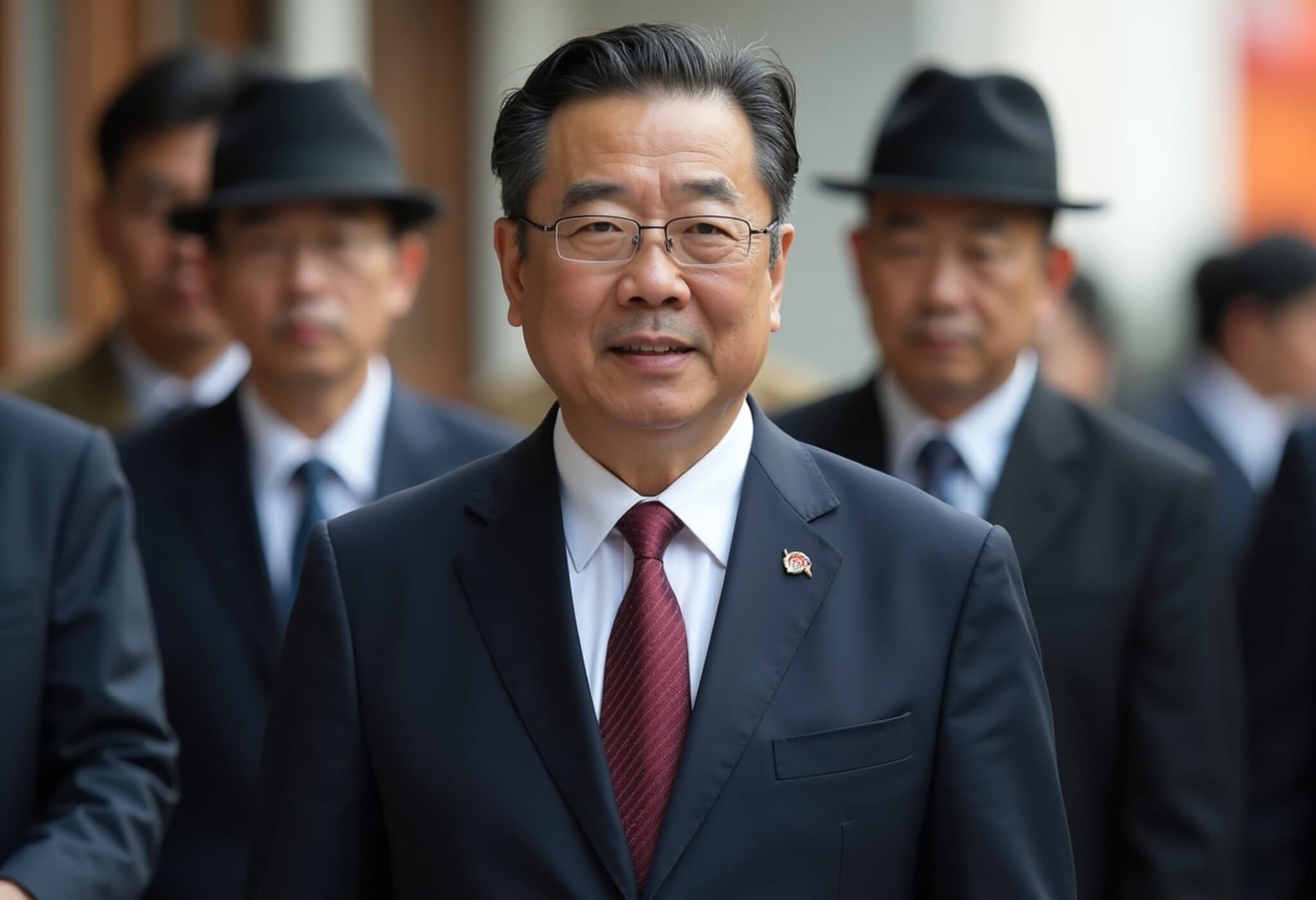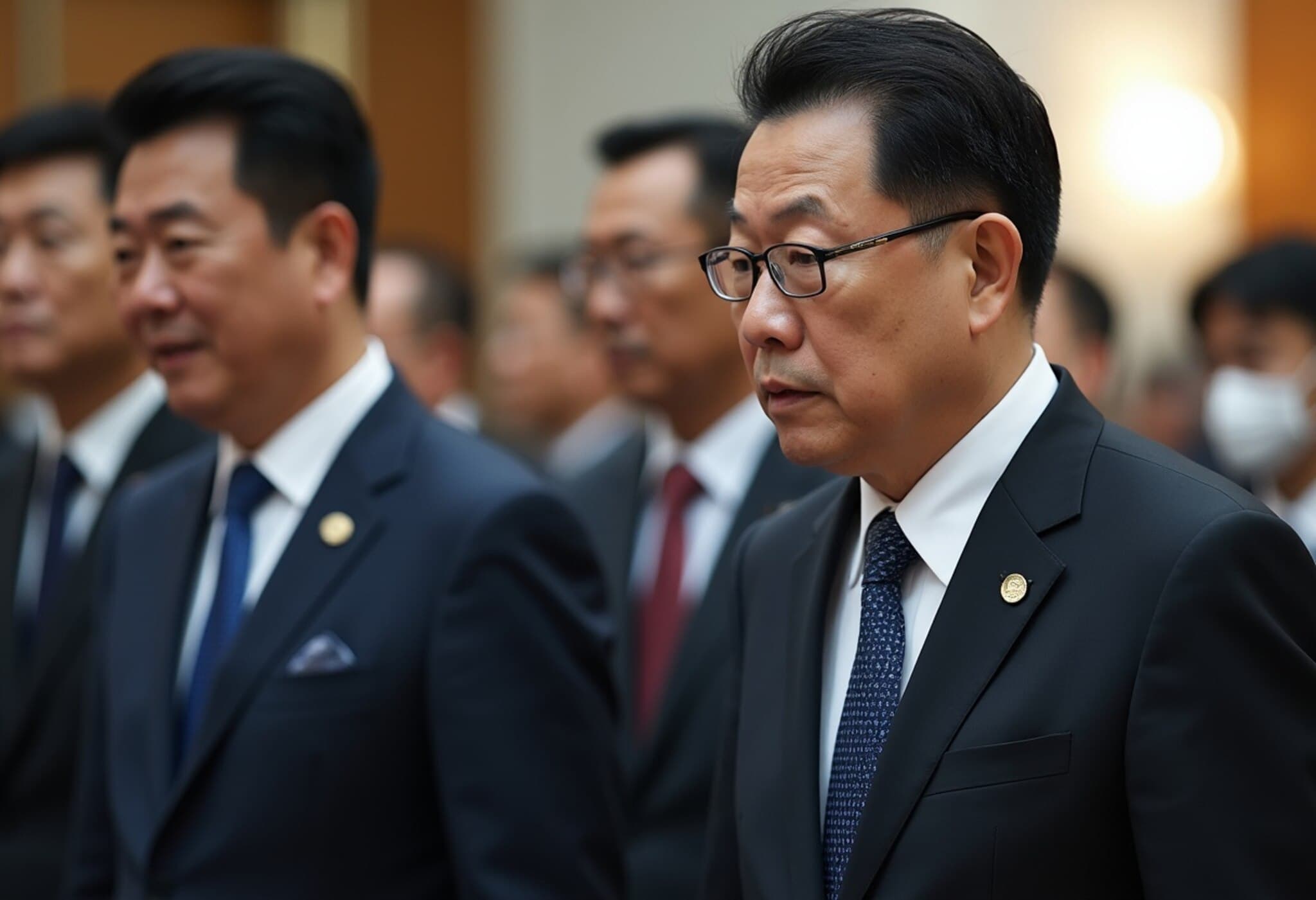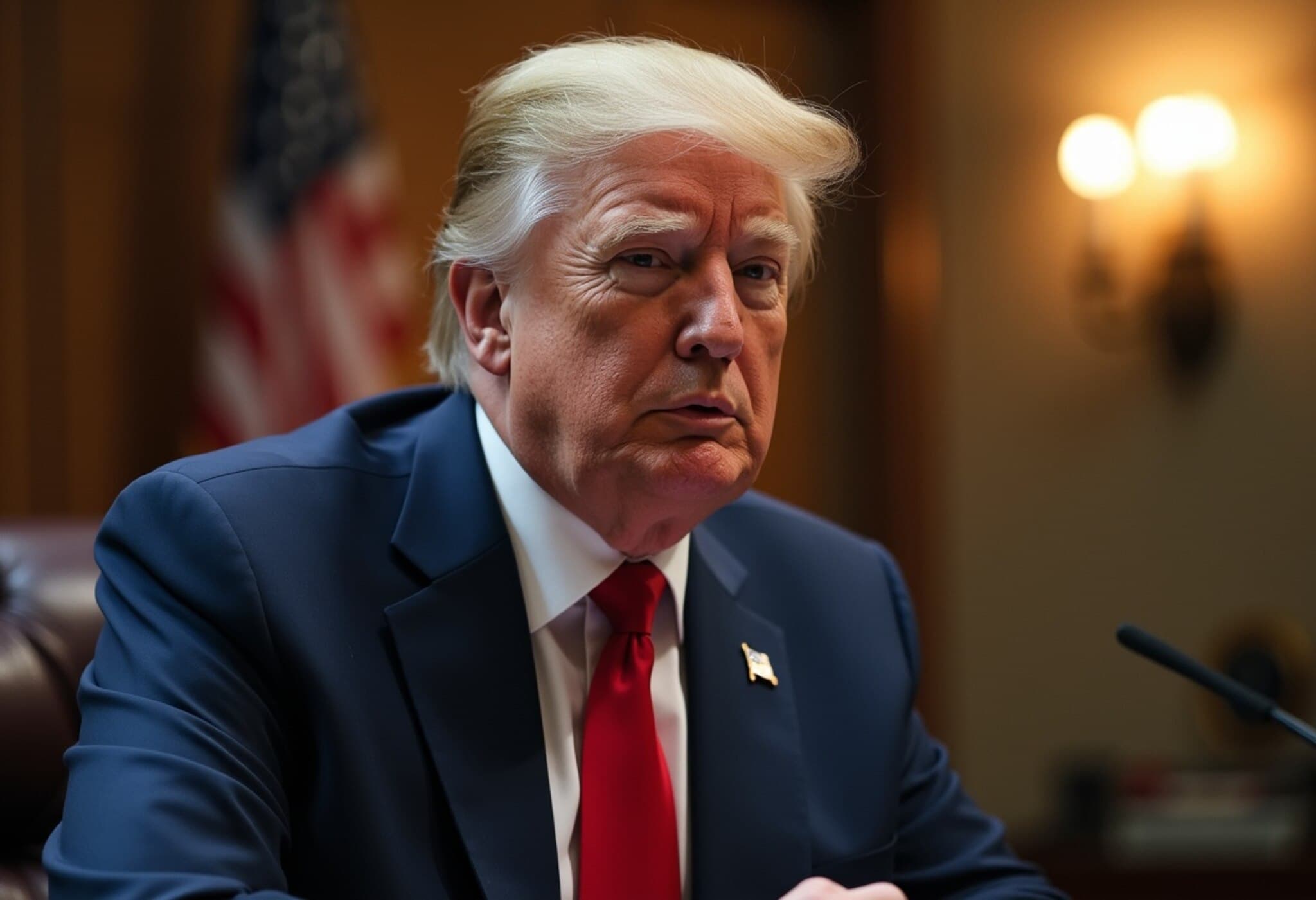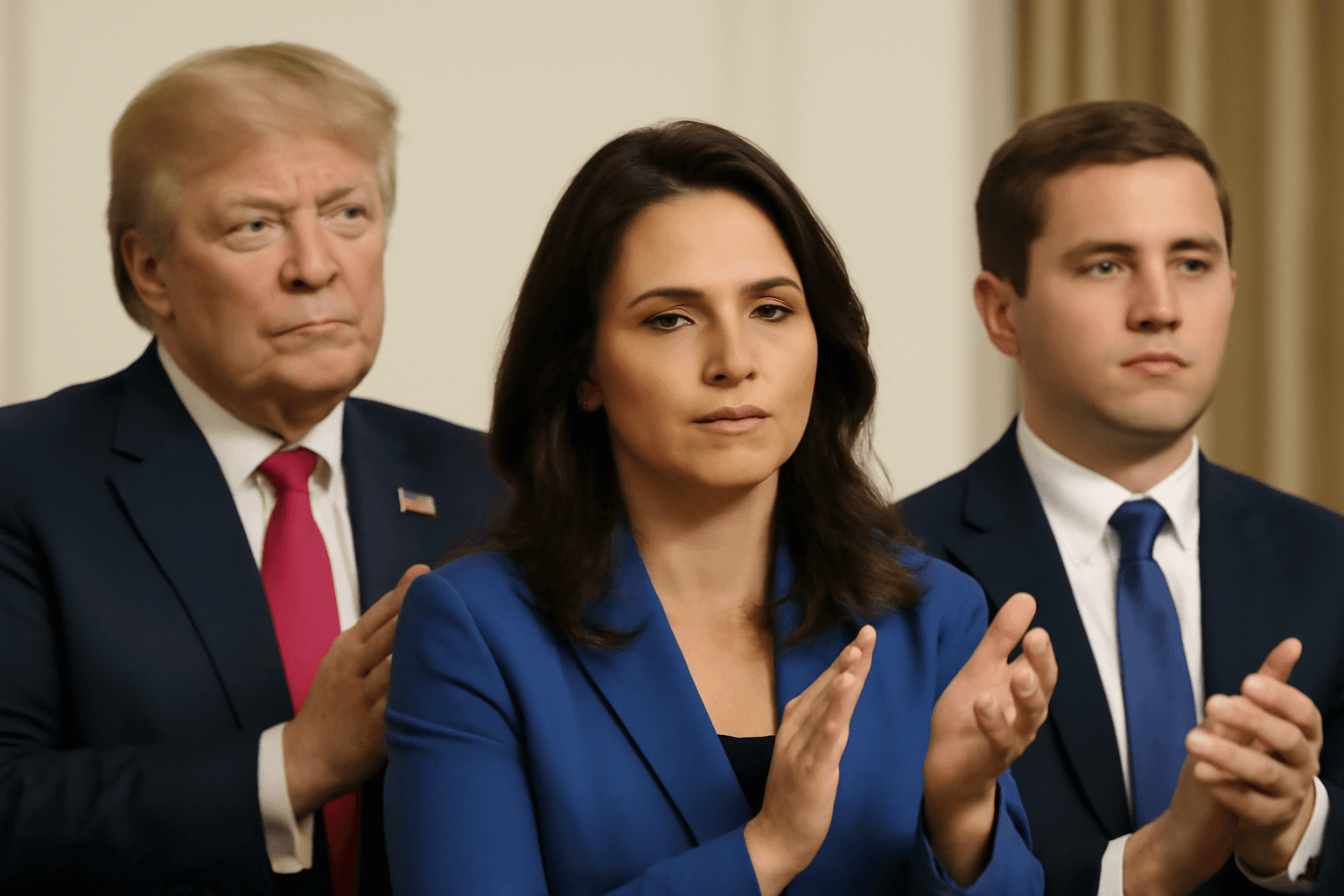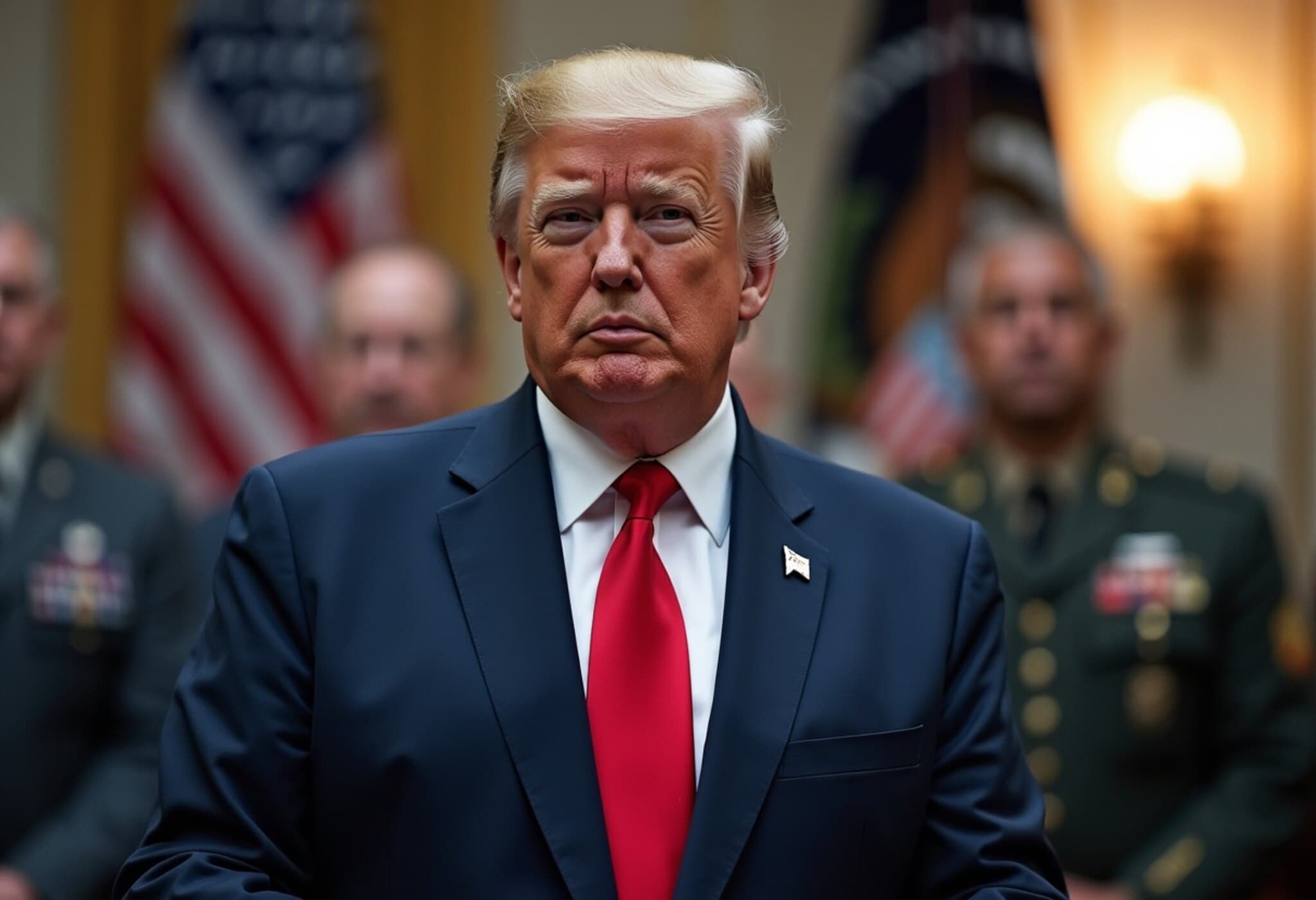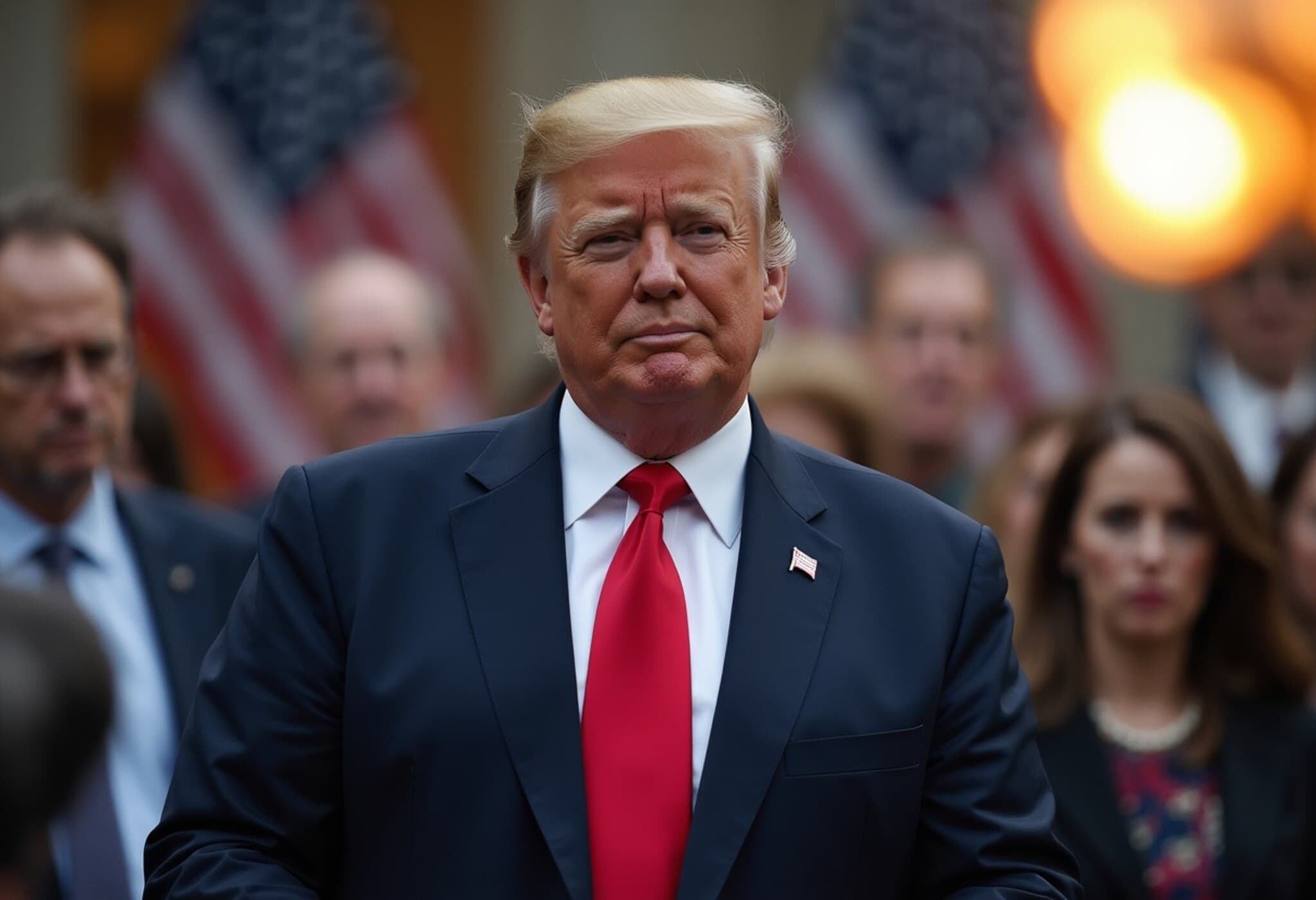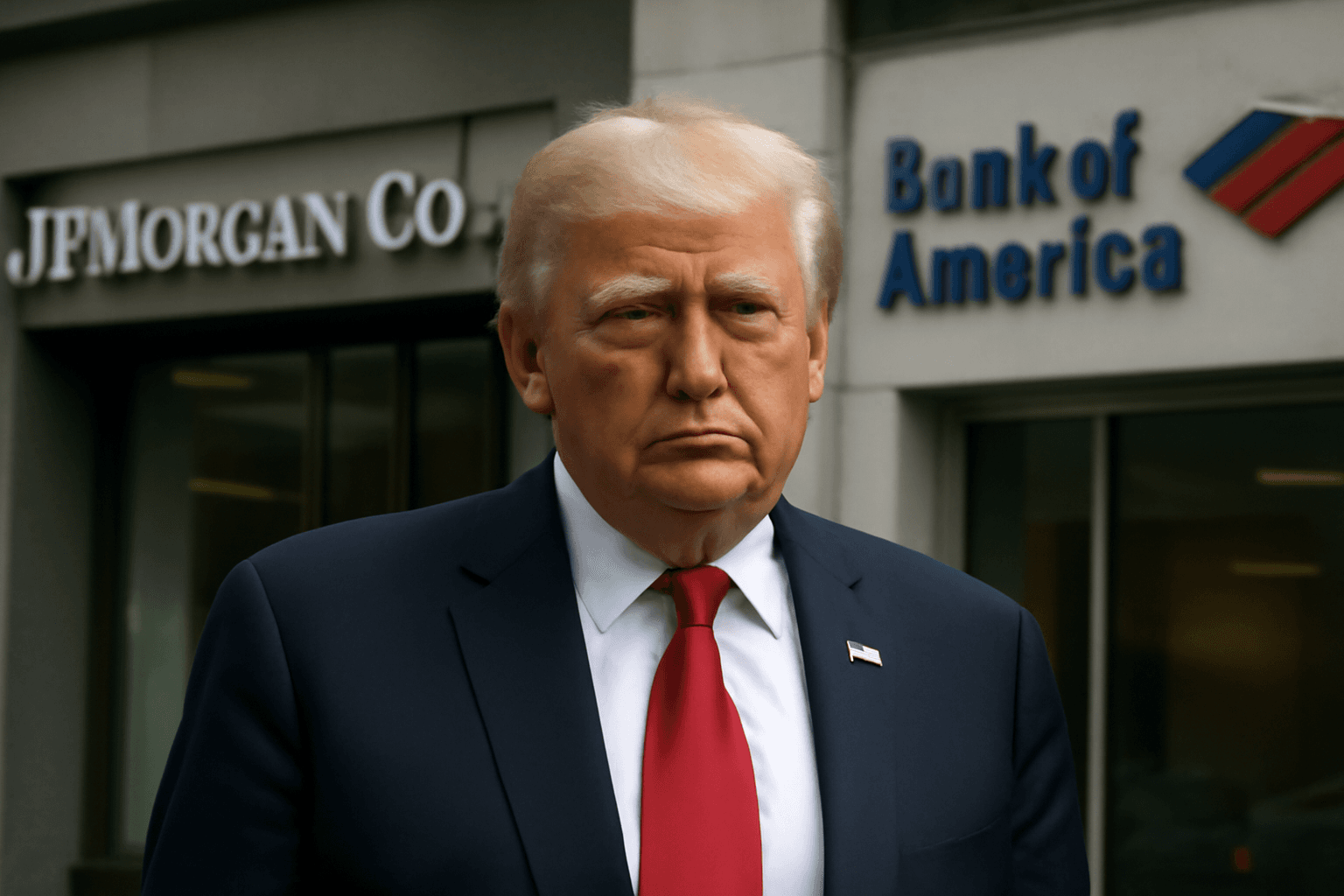George Santos Starts Prison Term Following High-Profile Corruption Conviction
On Friday, former U.S. Representative George Santos, whose meteoric rise and dramatic fall captivated the nation, began serving his seven-year federal prison sentence. This marks the latest chapter in a scandal that shook Washington and raised profound questions about political accountability and trust.
From Political Stardom to Prison Bars
George Santos, the flamboyant New York Republican who shocked political observers by winning a congressional seat in the 2022 midterms, faced a stunning downfall that culminated in his expulsion from the House of Representatives—only the sixth member ever to be removed in U.S. history. His rapid ascent was overshadowed by revelations that he grossly misrepresented his background, including fabrications about his education, employment, and personal history.
Before he was even sworn in, investigative reports had begun to unravel his carefully constructed public persona. The House Ethics Committee found sufficient evidence suggesting Santos committed multiple federal offenses, prompting the Department of Justice to indict him on 23 counts, including wire fraud, identity theft, embezzlement of campaign funds, and improper unemployment benefits claims.
The Final Days Before Prison
In the days leading up to his incarceration, Santos remained defiantly engaged with the public. He appeared on an extended hour-and-a-half podcast where he addressed questions about potential presidential clemency, making clear that the possibility of a pardon or commutation rested solely with President Donald Trump. While aligned politically with Trump during his congressional tenure, Santos admitted uncertainty about any potential reprieve, noting, “The answer to that is, I don’t know.”
Simultaneously, Santos maintained a robust online presence, utilizing platforms like X Spaces (formerly Twitter Spaces) and Cameo, where he charged $300 per personalized video sent to supporters even as he faced imprisonment. His farewell messages mixed self-reflection and theatrical flair, announcing, “The curtain falls, the spotlight dims, and the rhinestones are packed.”
Reflecting on Accountability and Political Culture
Santos’ story is not merely a tale of an individual’s misdeeds but speaks to broader challenges facing American democracy. His ability to secure a House seat despite glaring discrepancies in his background raises questions about vetting mechanisms within political parties, media scrutiny, and voter awareness.
- Election Integrity: How thoroughly should political candidates be vetted to prevent fraudulent claims?
- Media and Fact-Checking: What responsibility do journalists and social platforms have in verifying candidate information before publicizing it?
- Legal and Ethical Consequences: Does Santos’ case set an important precedent for holding elected officials accountable beyond electoral cycles?
His eventual expulsion on December 1, 2023, was spearheaded by fellow Republicans, underscoring the bipartisan consensus that such conduct is unacceptable. Yet, Santos’ continued communication with supporters from jail serves as a reminder that political influence and public engagement can persist in unexpected forms.
Expert Insight: A Cautionary Tale for American Politics
Political analysts suggest Santos’ trajectory exemplifies both the vulnerabilities and correcting forces within U.S. political institutions. Dr. Jane Carter, a political ethics professor, comments, “This episode underscores the imperative for systemic reforms in candidate vetting and transparency. It’s a wake-up call that democratic systems must adapt continuously to safeguard trust.”
Moreover, the case prompts reflection on voter psychology — what makes an electorate susceptible to charismatic but dishonest candidates, and how education and civic engagement can play a role in preventing similar incidents.
Summary and Looking Ahead
Sentenced in April to 87 months of incarceration plus repayment of nearly $574,000 in restitution and forfeiture, Santos begins his prison term amid mixed emotions—remorse tinged with defiance and nostalgia for his time in the spotlight. As American politics continues to evolve in an era of rapid information dissemination and heightened public scrutiny, the Santos saga stands out as a potent reminder of the stakes involved in electing trustworthy leaders.
Editor’s Note
This unfolding story compels us to grapple with the delicate balance between redemption and accountability. How will Santos’ case influence future political conduct, legal frameworks, and voter vigilance? As the nation watches, the broader implications for democracy, media integrity, and justice are profound, urging continued vigilance against political deception.




